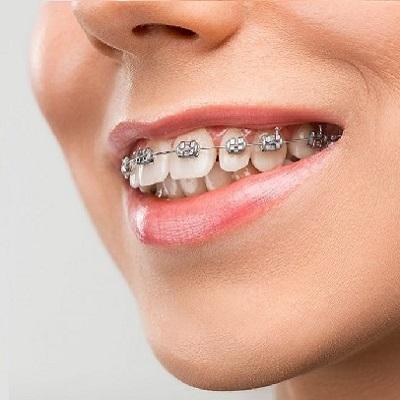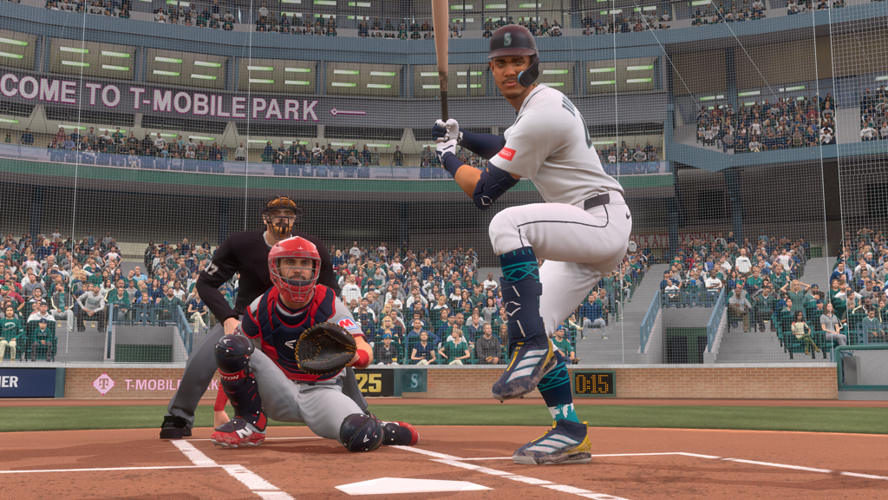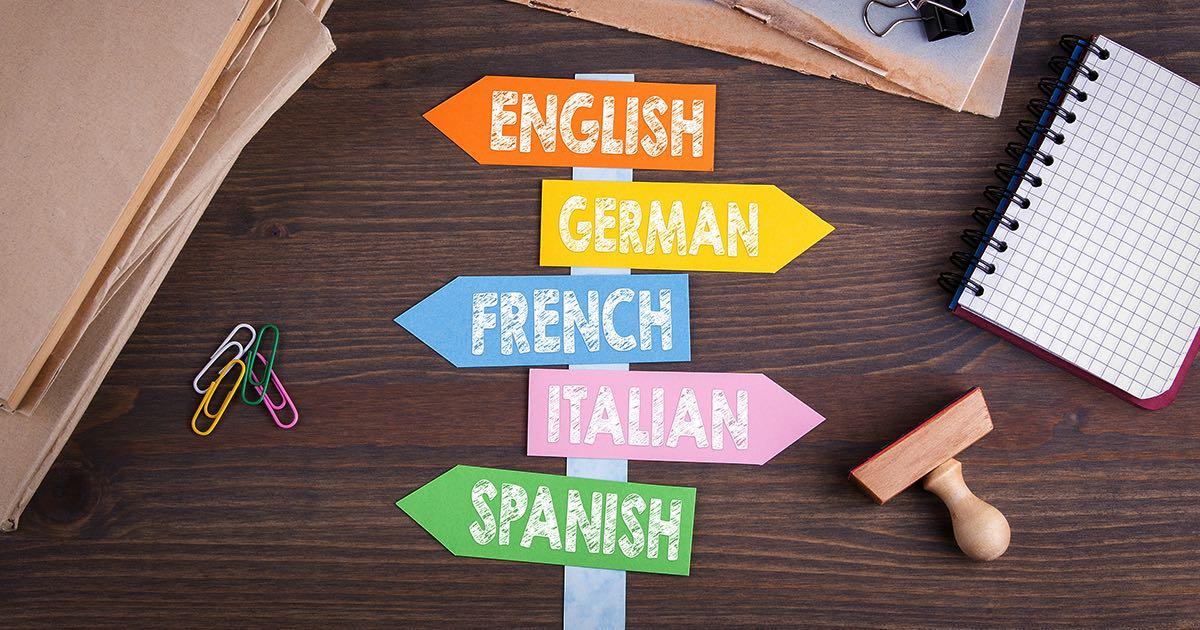Do Braces Affect Eating Habits? What You Need to Know

Getting braces is an exciting step toward achieving a straighter, healthier smile—but it does come with lifestyle adjustments. One of the biggest changes braces wearers experience is in their eating habits. Because brackets and wires create new surfaces that trap food and may feel sensitive after adjustments, being mindful of what and how you eat is essential throughout orthodontic treatment.
Whether you’re considering teeth braces in Islamabad or already have braces on, understanding these changes can help you avoid discomfort, prevent damage, and maintain excellent oral hygiene. This blog dives deep into how braces affect eating habits, the foods you should avoid, and how you can adjust smoothly—without compromising your treatment results.
Why Braces Affect Your Eating Habits:
Braces consist of brackets, wires, and sometimes rubber bands—all of which create pressure to gradually move your teeth. Because your teeth and gums become sensitive, and because food can easily get stuck in your braces, eating habits naturally change.
Here are the main reasons eating feels different:
1. Increased Tooth Sensitivity:
When the orthodontist tightens your braces or makes adjustments, your teeth may feel sore for a few days. Hard and crunchy foods become difficult to bite into.
2. Risk of Damaging Brackets and Wires:
Certain foods—especially sticky or hard ones—can break brackets, bend wires, or get stuck, slowing down your treatment.
3. Higher Chances of Food Getting Trapped:
Food particles cling more easily to brackets and wires, increasing the risk of plaque buildup unless you clean your teeth carefully.
4. Need for Cleaner Eating Habits:
Because oral hygiene becomes more challenging, you must be selective about the foods you eat.
Foods You Should Avoid While Wearing Braces:
To keep your braces safe and your teeth healthy, orthodontists recommend avoiding specific types of foods. These foods are more likely to cause discomfort, damage braces, or lead to plaque buildup.
Sticky Foods:
Sticky items cling to brackets and wires and are hard to remove.
Avoid:
-
Chewing gum
-
Caramel
-
Toffees
-
Sticky candies
Hard and Crunchy Foods:
Biting into hard foods can pop brackets off or distort the wires.
Avoid:
-
Nuts
-
Popcorn
-
Hard candies
-
Ice cubes
-
Corn on the cob (cut it off instead)
Chewy Foods:
These foods require strong chewing forces, which increase soreness during braces treatment.
Avoid:
-
Bagels
-
Hard bread crusts
-
Dried fruits
Foods You Must Cut into Smaller Pieces:
Some foods are safe to eat but only if cut properly.
Cut instead of bite:
-
Apples
-
Carrots
-
Burgers
-
Pizza with thick crust
Your orthodontist will guide you on safe snacking options, especially if you’re getting teeth braces in Islamabad and are concerned about lifestyle adjustments and overall teeth braces cost.
Foods That Are Safe and Comfortable to Eat:
While some foods become off-limits, many delicious and healthy options remain braces-friendly. These foods won’t damage brackets or require heavy chewing.
Soft Foods:
These are ideal right after adjustments:
-
Yogurt
-
Mashed potatoes
-
Pasta
-
Rice
-
Oatmeal
-
Scrambled eggs
Soups and Warm Meals:
Warm foods soothe sore teeth and make eating easier.
-
Chicken soup
-
Lentil soup
-
Broths
Soft Fruits:
Naturally sweet and gentle on teeth.
-
Bananas
-
Mango slices
-
Grapes
-
Berries
Smoothies and Milkshakes:
Nutrient-rich and perfect for days when chewing is difficult.
How Eating Habits Change Throughout Braces Treatment:
Your eating habits will change slightly during different stages of your braces journey.
Week One: The Adjustment Phase:
When you first get braces, your mouth undergoes shock. Discomfort is common.
Eating habits during this stage:
-
You’ll rely more on soft foods
-
You may avoid chewing completely for 1–2 days
-
Cold foods like smoothies help soothe soreness
After Every Tightening Appointment:
Tightening creates pressure on your teeth, making them temporarily sensitive. This is normal and expected.
Eating habits during tightening recovery:
-
Soft foods become your best friend again
-
Avoid crunchy or chewy items for a few days
-
Warm salt water rinses ease discomfort
Long-Term Eating Habits:
Once your mouth adapts to braces, you can gradually return to a modified normal diet—but with caution.
What stays consistent throughout treatment?
-
Avoiding sticky, hard, and crunchy foods
-
Cutting hard foods into small pieces
-
Cleaning teeth after every meal
-
Drinking plenty of water
Eating Habits That Improve Oral Hygiene:
Braces encourage healthier eating patterns for many patients. Here are habits that often improve during treatment:
1. Reduced Snacking:
Because cleaning teeth after every snack becomes tiresome, many patients naturally snack less.
2. Less Sugary Food Intake:
Sugary foods can get trapped and cause plaque buildup, promoting better dietary choices.
3. More Mindful Chewing:
Patients learn to chew slowly and gently, lowering their risk of dental injury.
Tips for Eating Comfortably With Braces:
Here are practical, orthodontist-approved tips:
Use Orthodontic Wax:
If sharp edges irritate your cheeks, wax provides relief and makes eating easier.
Take Smaller Bites:
Small bites reduce pressure on teeth and prevent bracket damage.
Chew With Back Teeth:
Molars are typically stronger and more stable for chewing.
Drink Lots of Water While Eating:
Water helps wash away food particles stuck around your braces.
Brush and Rinse After Meals:
A portable braces cleaning kit helps prevent plaque buildup.
If you're considering teeth braces in Islamabad, your orthodontist will likely include dietary guidance in the consultation and explain how these habits can also help you get full value for your teeth braces cost.
Do Eating Habits Go Back to Normal After Braces?
Yes—once your braces are removed, you can slowly return to eating your favorite foods without restrictions. However, it’s best to avoid jumping immediately into very hard or sticky foods, as your teeth may still be slightly sensitive.
Post-braces benefits include:
-
Stronger bite
-
Easier chewing
-
Improved digestion due to better alignment
Final Thoughts:
Braces definitely affect your eating habits, but these changes are temporary and manageable. With the right food choices and careful habits, you can avoid discomfort, protect your braces, and enjoy a smoother treatment journey.
Whether you're exploring teeth braces in Islamabad or planning your treatment based on teeth braces cost, understanding these eating adjustments ensures you’re fully prepared before starting orthodontic care.
For more information visit Dental Clinic Islamabad.






